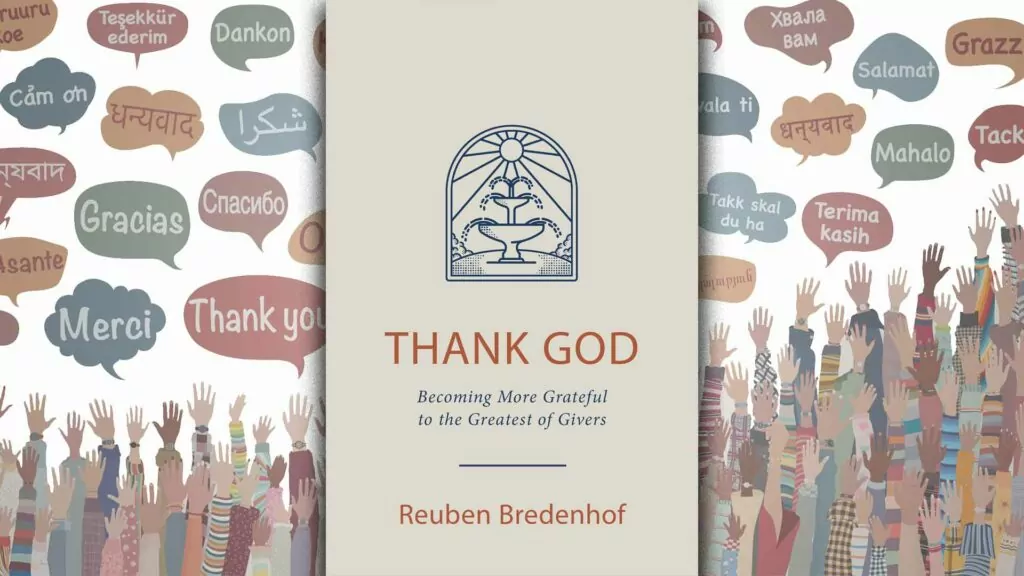Now, that’s a Nicaean pun!
A self-described “heretic,” famous for formerly being the lead singer of a popular Christian band, got some attention this summer for this tweet:
Jesus was Christ.
Buddha was Christ.
Muhammad was Christ.
Christ is a word for the Universe seeing itself.
You are Christ.
We are the body of Christ.
The best response in this case might seem to be no response at all, as this fellow already knows what the Bible actually says and doesn’t really need more publicity (which is why I’m not sharing his name). But for those getting confused by the singer, the best response might have been the clever rejoinder by Andrew Snyder:
“If you can’t say something Nicaean, then don’t say it at all.”
Can we have a witness?
“It is not your primary calling to change your culture…. Instead, you must constantly remember that the Lord has called you to be his witness before the lost and condemned world in which you now live.”
– John MacArthur (from his daily devotional Moments of Truth, with empahisis added)
Pluck out the internet?
“Most of the publications I write for are online…. I would still get rid of the Internet tomorrow if I had the chance, just to get rid of porn because of how poisonous it is. People are saying ‘Well the Internet has brought so much good.’ I wouldn’t take the tradeoff. 53% of American divorces court cases cite pronography as one of the key reasons for that divorce. 80% of young people view porn by the time they are between the ages 9 and 11. It’s tearing at the social fabric of families, of couples, relationships, churches. None of that is worth are ability to get a hold of each other faster, and to email each other quicker and to sell junk online. …. None of it is worth the cost that we pay for having it turn into the largest distributor of sexual violence in human history.”
– Jonathon Van Maren on the Real Talk podcast
Why marriages last
On the occasion of his 23rd anniversay, Greg Koukl asked his daughters why they thought he and his wife had stayed together this long. One daughter quickly answered, “because you looooooove each other.” Koukl’s response: “That’s not it.” That, he noted, was the Hollywood answer, but as couples who have been married for any length of time know that there are times where you might not feel all that loving towards your spouse and yet God calls on you to still love your spouse. How is that possible if you’re just not feeling it? Part of it is that love isn’t simply a feeling, but also an action, and even when you don’t feel it, you can still act it. Koukl shared this story:
“I heard a priest once, at a wedding, say something very profound on this line. He said: ‘You have come together this day, for this wedding, to get married because you love one another. From this day forward, that order is reversed. That is, you love one another, because you are married. ‘“
Bring the condemnation with concern
This is an abbreviated version of a joke recently passed along by Douglas Wilson. At the risk of ruining the joke, I’m going to frontload an application. The moral of this joke is something we need to have in our hearts when we talk to people caught up in sins that disgust us. Do they hear concern, or only condemnation?
When a little Methodist chapel up in the boondocks lost their pastor of many years, the congregation wanted another of the same stock. Their old pastor was old school, from beginning to end. He was a fiery fundamentalist, and he believed the Bible, all of it, and the people loved him.
So they wrote their bishop down in the city, and requested he send them a “hellfire and brimstone” preacher, and not one of those new-fangled kinds. This threw the bishop for a total loss, because he wasn’t sure he had one of those, but he made a few delicate inquiries. Much to his astonishment, he found one, and shipped him up there. And to his dismay, about three weeks later, they sent their new man packing.
The following week, they sent the bishop another letter, asking for a “hellfire and brimstone” preacher. The bishop wasn’t sure he was going to be able to help them, but he made further inquiries, and found another one. He sent him up, but he only lasted two weeks.
When the same scenario played out the third time, the bishop had almost given up hope. When he found a third preacher who seemed to fit that description, he commissioned him and sent him off, but without much hope. To his great surprise, this third man conducted a long and fruitful ministry at this little chapel, preaching hellfire and brimstone up there for two or three decades.
This mystified the bishop, and he couldn’t make any sense. But one day he was at an ecclesiastical conference of some sort or other, and he spied an old-timer from that church who happened to be attending. His curiosity getting the better of him, he walked up to the old-timer and said, “Do you mind if I ask you a question?” The old-timer said sure, and the bishop said, “I sent you people three hellfire and brimstone preachers, and you rejected the first two out of hand, and kept the third one for years. Do you mind explaining that for me?”
At this, the old-timer grinned, and said, “It is pretty simple, bishop. The third one sounded like he didn’t want us to go.”
How to live in an atomic Covid age
Corrie Ten Boom and C.S. Lewis died long ago, but have some thoughts to share on living in our current Covid age. The Lewis quote is from his essay, “On living in an atomic age” while the quote from Ten Boom isn’t properly sourced. It is widely dispersed online but as Abraham Lincoln once warned in another quote widely dispersed online: “Don’t believe everything your read on the Internet.” But whether it was Ten Boom or not, there’s wisdom to be had for today.
“In one way we think a great deal too much of the atomic bomb. “How are we to live in an atomic age?” I am tempted to reply: “Why, as you would have lived in the sixteenth century when the plague visited London almost every year, or as you would have lived in a Viking age when raiders from Scandinavia might land and cut your throat any night; or indeed, as you are already living in an age of cancer, an age of syphilis, an age of paralysis, an age of air raids, an age of railway accidents, an age of motor accidents.”
“In other words, do not let us begin by exaggerating the novelty of our situation. Believe me, dear sir or madam, you and all whom you love were already sentenced to death before the atomic bomb was invented: and quite a high percentage of us were going to die in unpleasant ways. We had, indeed, one very great advantage over our ancestors—anesthetics; but we have that still. It is perfectly ridiculous to go about whimpering and drawing long faces because the scientists have added one more chance of painful and premature death to a world which already bristled with such chances and in which death itself was not a chance at all, but a certainty.
This is the first point to be made: and the first action to be taken is to pull ourselves together. If we are all going to be destroyed by an atomic bomb, let that bomb when it comes find us doing sensible and human things—praying, working, teaching, reading, listening to music, bathing the children, playing tennis, chatting to our friends over a pint and a game of darts—not huddled together like frightened sheep and thinking about bombs. They may break our bodies (a microbe can do that) but they need not dominate our minds.”
– C. S. Lewis
“Worrying is carrying tomorrow’s load with today’s strength – carrying two days at once. It is moving into tomorrow ahead of time. Worrying doesn’t empty tomorrow of its sorrow, it empties today of its strength.”
– Corrie Ten Boom
What’s really in your job description?
Christians, in an effort to impact their culture, will choose to mute their Christian witness. We enter the public square promoting God’s morality on abortion and sexuality, but without ever mentioning it to be such. When we do that we’ve misunderstood the purpose for which God created us.
“…in your public involvement, don’t conceal the roots of your convictions about what is right and wrong. Don’t try to get a better hearing through downplaying your dependence on Christ and his Word and the gospel.
“This is where many Christians, it seems to me, lose their saltiness and their light. Advocating for behaviors that are Christian is not the light of the world. Advocating for restraining behaviors is not the light of the world. There is nothing gospel in it. The light of the world is Christ and all that God is for us in him, all his gospel, and all his promises. If Christians become practical atheists in public, but simply advocate for behaviors that correspond to Christian ethics, they may see a little more political acceptance and affirmation in the short run, but they will lose the larger battle for the eternal good.
“Do we really want to invest in a society whose outward behaviors are moral while everybody goes to hell?”
– John Piper interviewed on DesiringGod.org April 26, 2016 on the question “Should Christians partner with non-Christians on social issues?”














